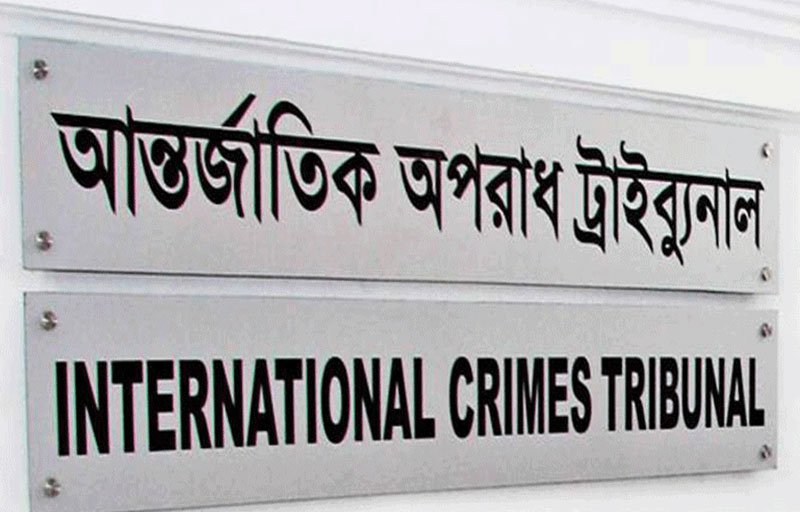
Published :
Updated :

The International Crimes Tribunal (ICT) has indicted 30 suspects in the murder of Begum Rokeya University student Abu Sayed in Rangpur during the July Uprising, ordering the case to proceed to trial.
A three-member bench led by Justice Md Nazrul Islam Chowdhury framed charges against the suspects on Wednesday, rejecting their petitions to be dropped from the case.
The two other members of the bench are Judge Md Manzurul Bashid and Judge Noor Mohammad Shahriar Kabir.
Six of the 30 suspects in the case were in jail and were brought to the court for the indictment hearing.
They are Shariful Islam, the former proctor of Begum Rokeya University, Sujan Chandra Roy, a police constable, Imran Chowdhury Akash, a Chhatra League leader, Amir Hossain, an assistant sub-inspector, Rafiul Hasan Russell and Anwar Parvez Apil, Chhatra League activists.
The charges were read out and the suspects asked whether they plead guilty or not guilty.
The trial will proceed in absentia against the remaining 24 suspects who did not appear in court.
The court set Aug 27 for the prosecution’s opening statement and the start of recording testimony.
Abu Sayed was killed by police fire on Jul 16, 2024, during the Anti-discrimination Student Movement, which began as a movement seeking the scrapping of the quota system in government jobs.
On Jun 30, the tribunal accepted the complaint in the Sayed murder case. Additionally, it issued arrest warrants against 26 suspects in the case, who were then absconding.
Earlier, the ICT's Investigation Agency submitted a report to the tribunal, highlighting the involvement of 30 people in the murder of Abu Sayed.
On Jul 13, the tribunal published notices in newspapers summoning the 24 absconding suspects. Also, it issued an order to produce Rafiul and Apil, showing them arrested in the case, while they are already arrested in other cases.
The ICT concluded the hearings on Jul 30 and set Aug 6 for its indictment decision.
The state has appointed four lawyers to represent the 24 absconding suspects.


 For all latest news, follow The Financial Express Google News channel.
For all latest news, follow The Financial Express Google News channel.